What Beyond Light means for the future of Destiny 2
We talk to Bungie about FOMO, weapon sunsetting, and the plan for the next three years.
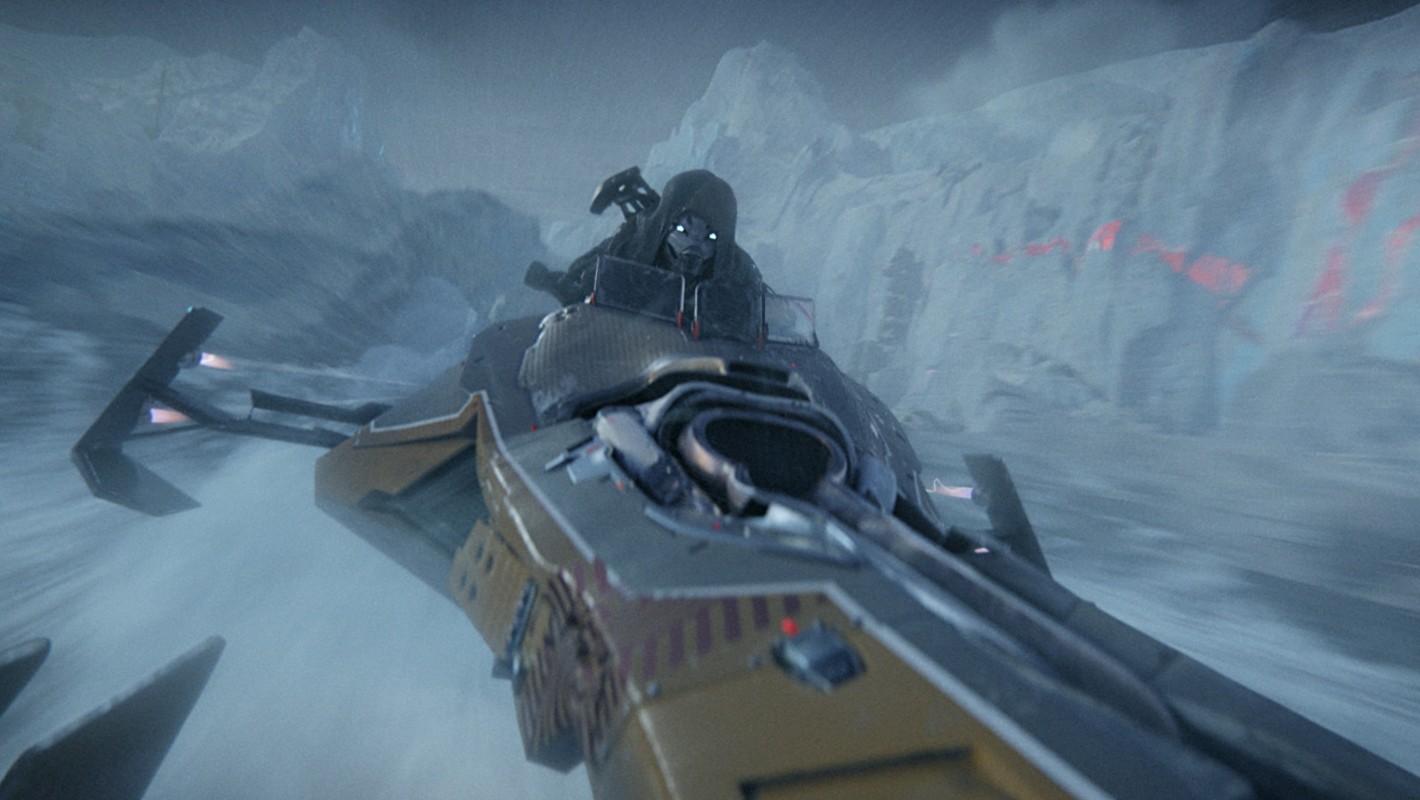
Today, with the launch of Season of Arrivals, the Darkness has finally invaded Destiny 2's solar system. Teased throughout Destiny's life, and shown inching ever closer throughout the recent Season of the Worthy, the pyramid ships of the Darkness are kicking off a new trilogy in Destiny 2's story. We knew Bungie would announce their upcoming Year 4 expansion today. What we didn't expect was that they'd be spilling the beans on Years 5 and 6 too.
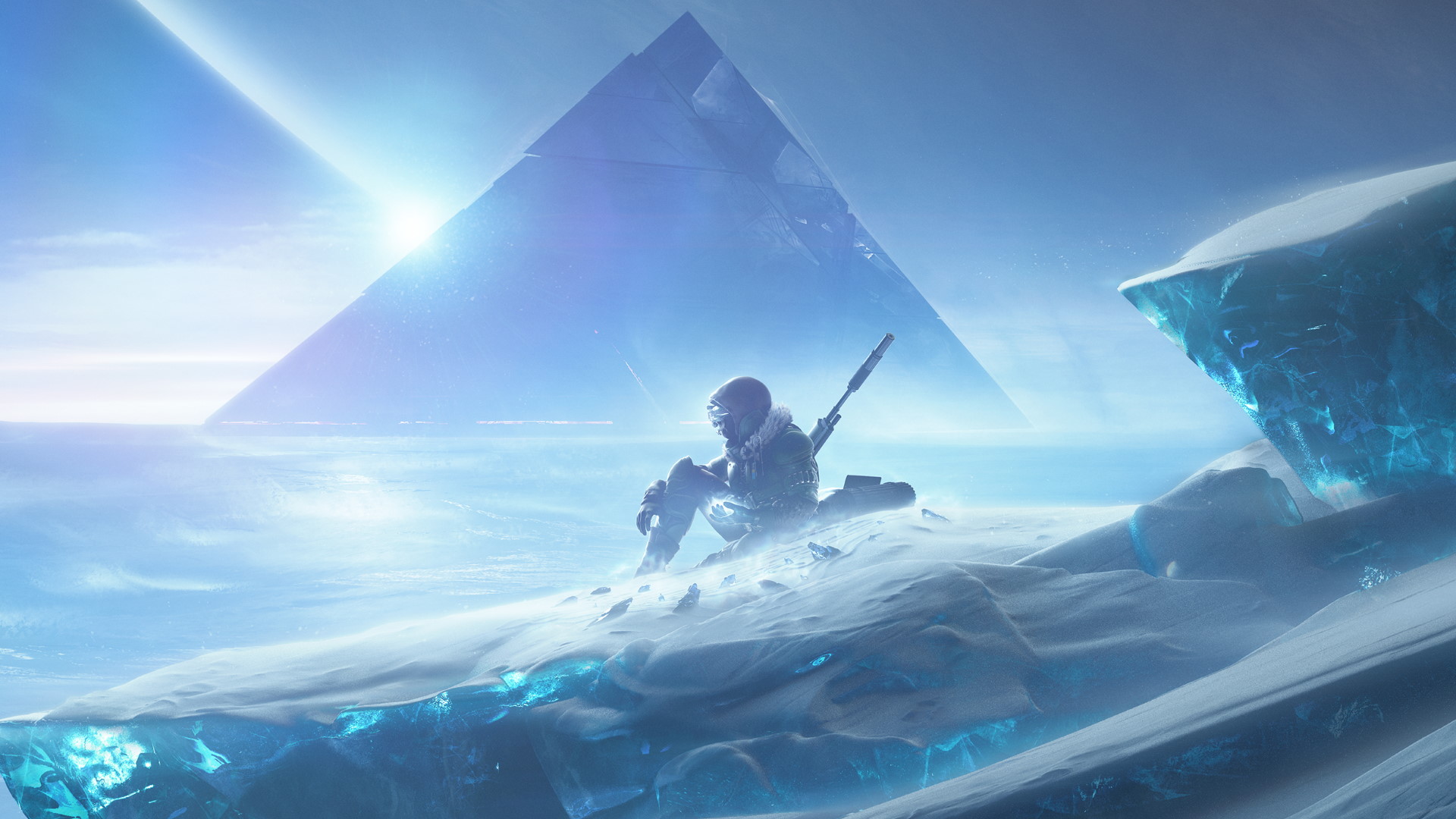
Today, Bungie revealed a bunch of info on the future of Destiny 2, including the reveal of the next three expansions and major changes coming courtesy of the new Content Vault. We also talked to general manager Mark Noseworthy about the future of Destiny 2.
Destiny 2: Beyond Light is launching this fall, and will see players harnessing the Darkness with the introduction of a new damage type: Stasis. Beyond Light isn't the end of Destiny 2, however. In fact, it marks the beginning of what Noseworthy calls "almost like a trilogy of expansions telling a larger, overarching story arc". It's a plan that means Destiny 2's lifespan will extend far beyond what most would have assumed, to at least 2023.
It's an exciting tease, but Bungie has always excelled at selling the prospect of what Destiny 2 could be. Players were critical throughout Year 3, though, and often with good reason. Shadowkeep was a decent expansion, albeit one based around a revamped version of one of the first game's patrol zones, but the seasonal model felt lacking—short on content and good loot to chase, and too quick to promote a fear of missing out. And while Bungie has spent the last few months detailing ways that to improve the seasonal model going forward, even those plans have proved controversial.
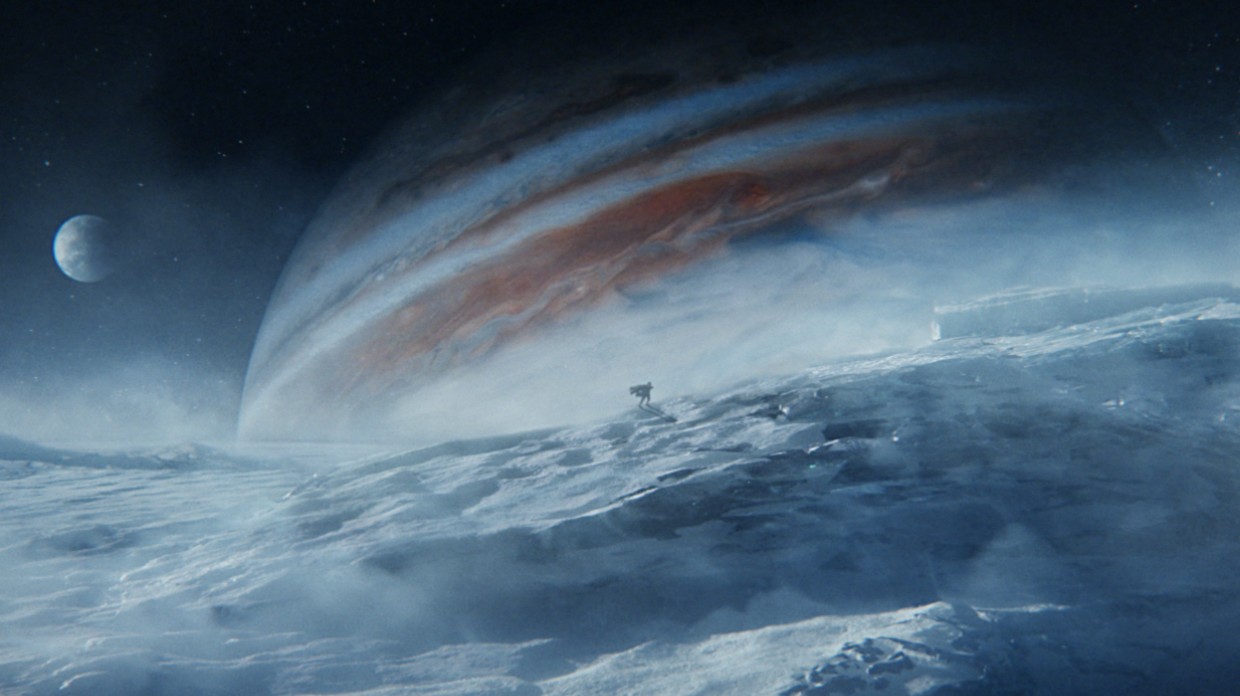
"This year, we're really looking at this as an opportunity to return to form with our expansions," says Noseworthy. "It's about absolutely going to a new place that you've never been before and exploring aspects of the deep lore of the game and the universe in a way that you hadn't before. And so Europa is a brand new destination. It's about having something new for the player to do, and in this case, that's obviously Stasis, and wielding the Darkness. It's about going on a new journey. There's a new campaign, and, of course, new powers, new gear, new weapons and armor to chase, which there always is. And then at the end of that pyramid is a brand new raid."
How do we introduce things that feel like they've changed the world, but have them stick around for longer?
Mark Noseworthy
Noseworthy notes that one of the reasons Bungie is announcing its next three expansions now is to prove that the studio is investing in the game, and players' characters, for years to come, and that its stories are building to a crescendo. But Bungie has always done a good job with the tentpole releases that arrive each September. The real test is going to be what happens in between.
"We're still figuring this out—I was in a meeting about this literally yesterday," Noseworthy says of Year 4's seasonal model. "But I think one thing we're definitely really solid on—I think we talked a little bit about this publicly—is, in year three, we introduced some content and experiences that were cool, but then they went away. And we were doing this because we want things to matter, and, for things to matter, the world's got to change. It's got to evolve. Stuff has to happen that has meaning and permanence. But we definitely think—and obviously, hindsight is 20/20—that there's a better model for us to do this."

This touches on one of the main complaints of last year's seasonal structure: that players were forced to follow along each season, or else they'd miss being able to play content they'd paid for. Anecdotally, it's what turned off many of the people I played with in Year 2 off the game, and it's good to see that it's being looked at.
Keep up to date with the most important stories and the best deals, as picked by the PC Gamer team.
"There's a property that I think the Forsaken annual pass had that we really liked in retrospect," says Noseworthy, "and I think we didn't give it enough credit for, which was as the year went on it built up in value. Maybe you had the pass and you didn't even play it because you stopped playing after Forsaken, for whatever reason. And then, come May or June, the Menagerie is out and you're like, 'What's this six player thing? Callus is teasing me... I gotta check this out.' And you go back and check it out, and suddenly you're playing Drifter and you're playing the Forges and you're like, 'All this stuff happened last year? This is amazing. This is a great deal, the game has changed so much.' And so we want that feeling more than the other one, which is that something cool is happening right now but then it's gone."
The difficulty, Noseworthy says, is melding the two approaches—offering lasting content that still lets the world evolve. "How do we introduce things that feel like they've changed the world, but have them stick around for longer so that you know your friends can join? Or you take six months off Destiny—totally cool, you want to play something else, you want to get a law degree or whatever—and when you come back the game has changed and you can do stuff, versus 'Hey, I know things happen but I can't do them now and I feel like I really missed out.' That's not that's not an awesome feeling. And so we're trying to find a much better balance."
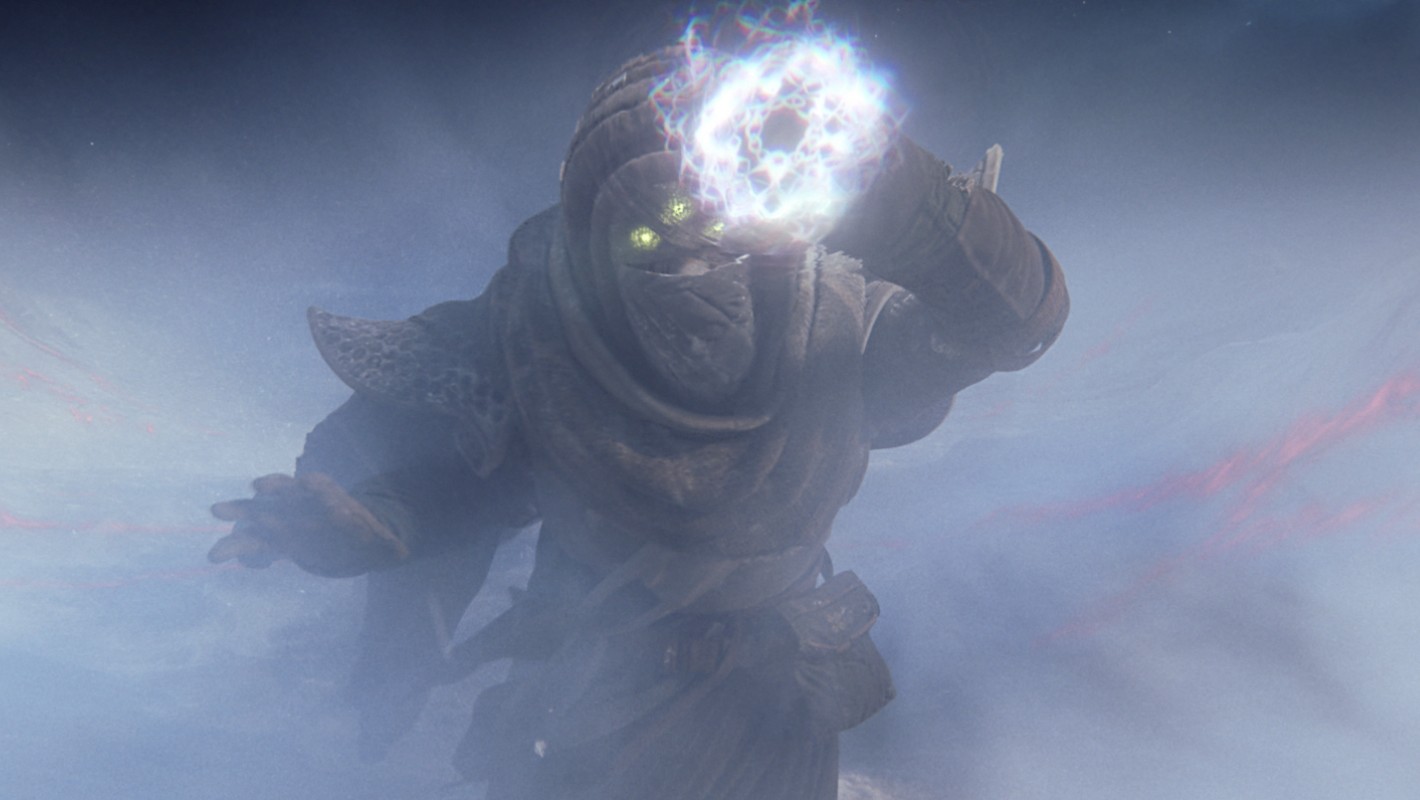
Permanence is an interesting problem that Bungie needs to address. While on the one hand the studio realises that seasonal content should last beyond the season it's a part of, on the other, it recently announced that, going forward, weapons and armour would have a limit on how long they could be infused to max power levels—essentially sunsetting them for the game's hardest activities. There are good reasons for this: Destiny 2, and the Forsaken-era in particular, offered some incredible weapons. For players who already had Recluse, 21% Delirium, Spare Rations and other community favourites, there was little need to chase perfect rolls of Year 3's new guns. I touched on this in my Shadowkeep review, and it's an issue that's been consistent throughout the year.
I think there's a misperception that all this stuff's going away.
Mark Noseworthy
The result of sunsetting, though, is that players won't be able to use their favourite guns in what Bungie calls 'pinnacle' activities—raids, dungeons (including the new Prophecy dungeon launching today with Season of Arrivals), Iron Banner and Trials. It's fair to say that many players are unhappy with this plan. "I think the first thing I'd want to say is, I think there's a misperception that all this stuff's going away," says Noseworthy. "It's not going away. We're saying, for the pinnacle part of the game, that we need the relevancy of the items to change over time, and for that to be more transient. Because then it's more interesting. But if you want to just run around the world and do Escalation Protocol or play Crucible or bang out these Strikes to get these bounties done, just keep using your weapons man. If you really enjoy doing that, that's great."
Noseworthy says that most players aren't playing pinnacle content most of the time, meaning that old weapons can still have a place in your loadout. "I'm not trying to under value the feelings people have over the weapons in their collections. We get it, this is a game where you collect things, but we want and need to be able to add new things to the game and have people care about them. And so that means we need to have progression systems within our progression systems to make you care about new things."
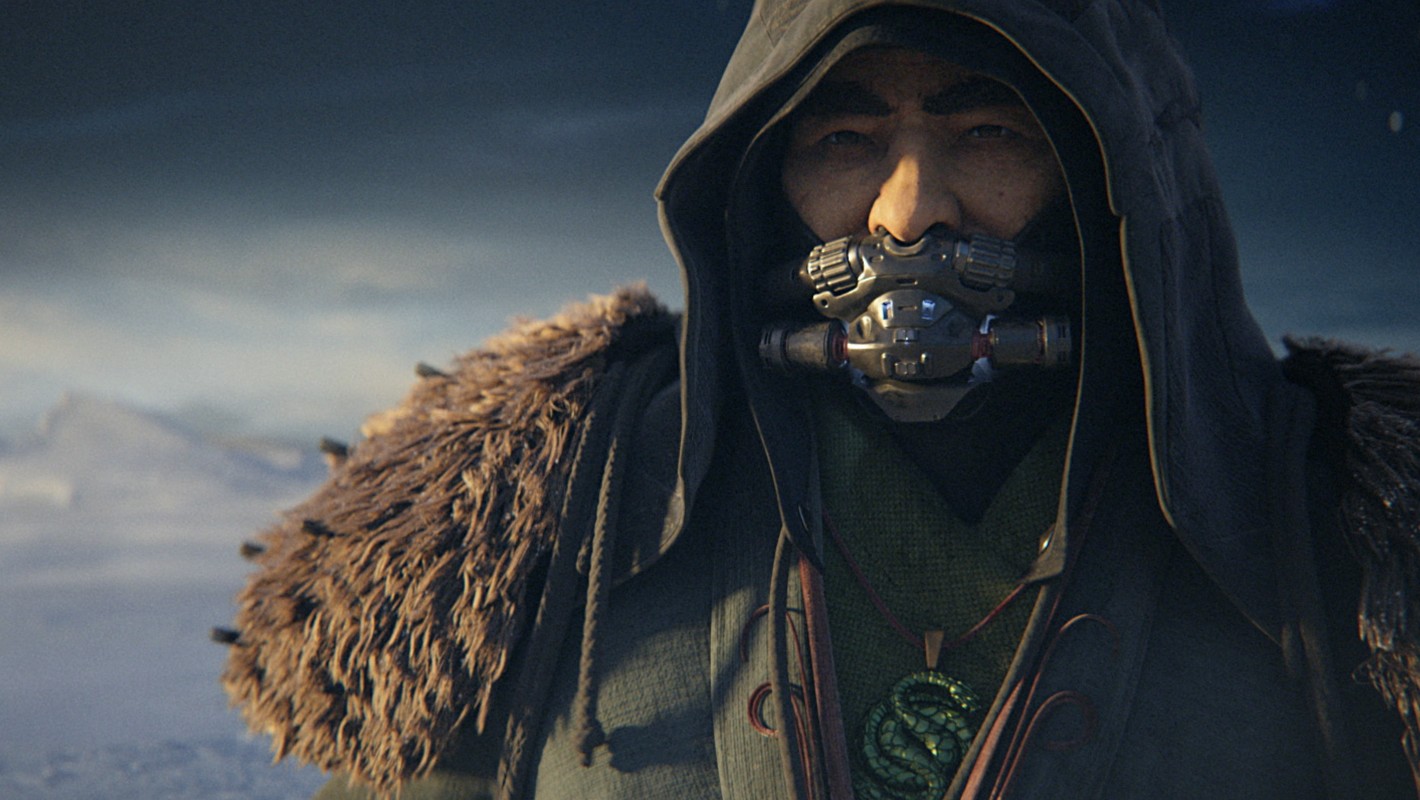
It's difficult to see this reassuring a community that's been trained—in part through the game's own systems—to want the best of the best, whatever activity they're playing. And it's further complicated by the sunsetting of armour. In Destiny 2, armour is predominantly a stat roll and mod slot that, outside of Exotics (which aren't being sunset), has no inherently unique feature. The spectre of power creep doesn't exist in the same way it does for the guns, and the high cost involved in Masterworking armour means that players will be losing a potentially significant time investment.
"We're obviously hopeful that this is the right thing," says Noseworthy, "and that this isn't some sudden thing. It's gonna be really gradual, because the timeframe for max power and the infusion caps are pretty generous—they're like 12 months or whatever, three or four seasons from the point that it happens. And so it's not like you're going to show up one day and everything's changed." Bungie is hopeful that the change will let them push new guns that players will again feel excited to wield. "Part of an MMO action game is getting new things and progressing and being surprised by something you didn't know you would like," says Noseworthy, "and that you do really now enjoy. We want that experience for all players. And I think the system is going to give us that."
As usual, then, Destiny 2 is on the verge of a big change. Beyond Light's addition of a new element has the potential to shake up the sandbox in significant ways, and the topics raised by the three upcoming expansions seem set to touch on some of the biggest lingering questions in the series' story. But plenty of questions remain—not least over whether Bungie can create enough new, desirable guns to keep players invested despite the sunsetting of old favourites. The devil, as always, remains in the details, and the experience offered by Year 4's seasonal structure.

Phil has been writing for PC Gamer for nearly a decade, starting out as a freelance writer covering everything from free games to MMOs. He eventually joined full-time as a news writer, before moving to the magazine to review immersive sims, RPGs and Hitman games. Now he leads PC Gamer's UK team, but still sometimes finds the time to write about his ongoing obsessions with Destiny 2, GTA Online and Apex Legends. When he's not levelling up battle passes, he's checking out the latest tactics game or dipping back into Guild Wars 2. He's largely responsible for the whole Tub Geralt thing, but still isn't sorry.

